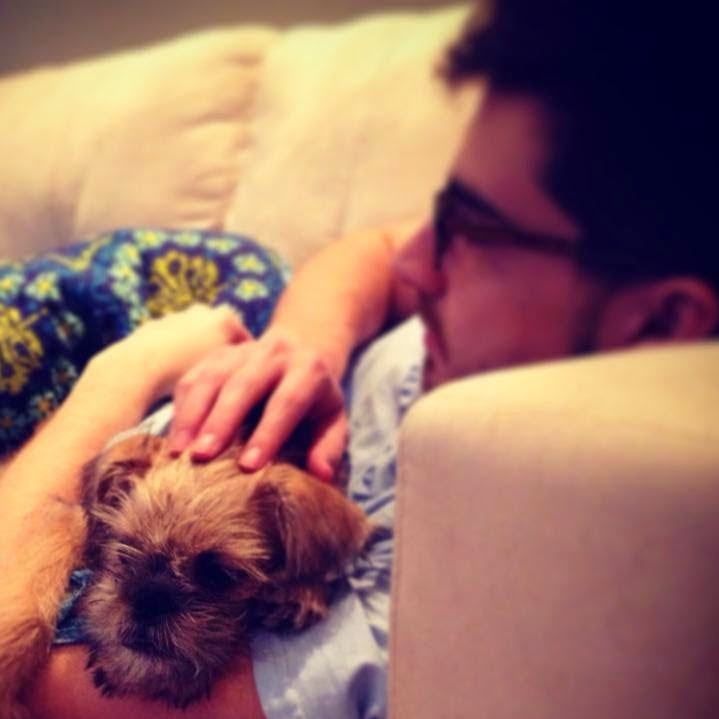1. Sunday Book Review: Facing Double-Murder with Dancehall Superstar Vybz Kartel

2. 1. He wants a decolonization of Jamaican culture

3. 2. His motto is “Family First”

4. 3. He thinks Diddy, 50 Cent, and Jay-Z are the world’s premiere ghetto role models

5. 4. He has one specific regret

6. 5. He doesn’t like Euro-Christianity but loves King Solomon

7. 6. He thinks his bleached skin allowed Jamaicans to talk about black consciousness

8. 7. He thinks Jamaica has a jacket problem

9. 8. He considers dancehall to be the most Jamaican element of culture

10. 9. He has specific economic solutions for Jamaica

11. 10. The following may be Vybz's favorite words

12. Epilogue

In the end, what Vybz Kartel seems to want more than anything is for the world to listen to him, and to Gaza, his home. Though he has become too big to censor in Jamaica and across the world, the irony remains that with his upcoming trial and potential incarceration, the one who may effectively silence Kartel is himself. With that in mind, I’ll leave you with one of the book’s most thought-provoking passages on censorship in Jamaica:
“One of the members of the commission said if they don’t play our songs even with a bleep then that will force the composers and musicians to make music that is more appropriate. Correction, sir. Art is an expression of life and until you and your powerful friends change the Society that ghetto people live in you will not be able to change the music.”

